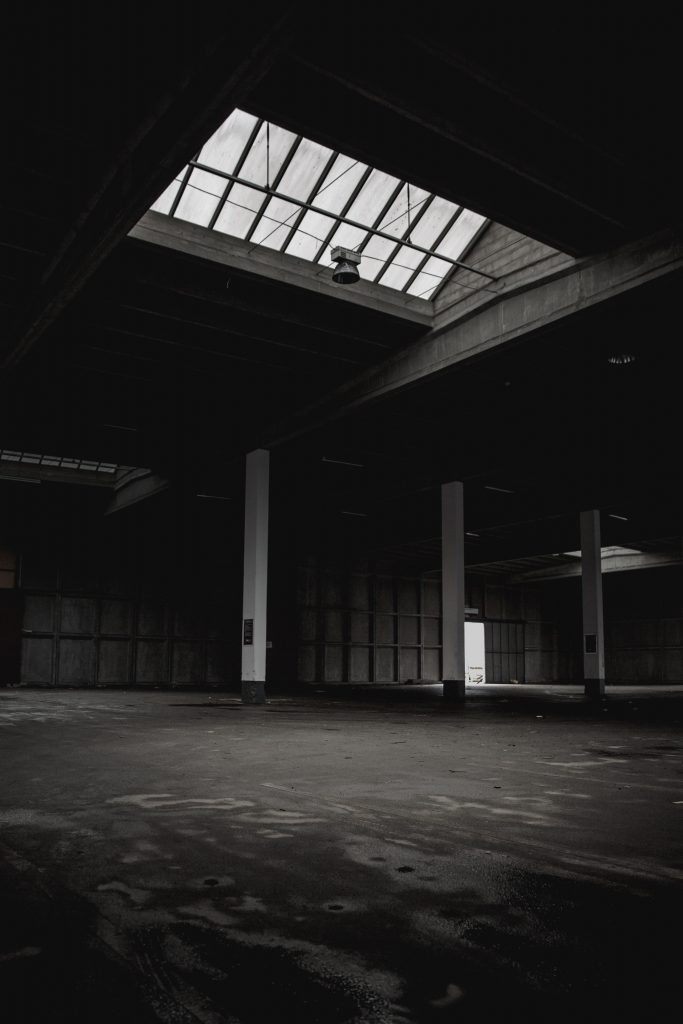
Marten Bjork on Unsplash
Selecting a perfect warehouse can be quite a confusing task to carry out. Every company has its own individual needs, which they will need to carefully consider, to ensure they choose the right warehouse. With so many different options available it can be difficult to decide which warehouse will meet the requirements of your organisation. To help make this decision easier, we have made a list of factors that should be considered when deciding on the best warehouse option for your business.
Location
The physical location of your warehouse is a critical factor to consider when searching for premises. Before you begin your search, take time to review the locations of customers and your suppliers. If they are spread across the country, or multiple countries then locating your warehouse in an area with strong transport links is essential. If your main delivery points are focused on a local area, they choosing somewhere nearby will reduce costs and increase efficiency. Providing you with more money and time that you can invest back into your business. Plus, if you are dealing in the import-export business, you should also make sure that the storage building or warehouses must be located near to the ports.
Other location considerations include the specific products you will be storing in the warehouse, such as flammable or fragile goods. These types of items will have legal requirements for safe storage which need to be adhered to.
Lastly, you need to consider the labour requirements to operate your warehouse effectively. If you need a high number of employees to run a successful operation you need to be confident that there is a workforce local to your desired location to support your requirements. More rural locations are likely to make it more difficult for employees to travel to work and therefore more challenging to recruit and retain the team you would require. Of course, if you are going to work with a warehouse service provider, this will be their responsibility and something they should address when discussing your requirements with you.
Spending time carefully planning the location of your warehouse can prevent you from the costly expense of relocating later!
The Type of Warehouse You Need
Again, this depends on your business requirements. Whether you need self-storage buildings, a metal warehouse, or something else. You also have to make a decision between a public or private warehouse. A public warehouse is owned by the state government, whereas private warehouses are owned by individuals, groups of individuals, or organisations. Public warehouses often have fewer facilities than private ones and hence are often cheaper to rent.
Storage Area
You need to carefully consider the running requirements of your warehouse to calculate the space you will need for the different activities that would be taking place such as the storage of your products/parts/equipment. It would be wise to consider the plans of the business, such as future expansion or the addition of new products, you should also analyse your customer base ensuring you can meet the needs of current and future clients and if any of your loyal customers have expansion plans of their own. Once you have carried out this evaluation you are in a better position to understand the actual working requirements of your warehouse to ensure it can achieve its purpose and be future fit.
You may discover that your warehouse has a quick turnover of products, with very little being kept in storage. In this case, you may not need a large storage area. The nature of some businesses may mean they need to stockpile products, such as in the build up to Christmas, or in preparation for bad weather. In these cases it is vital you have enough storage space in your warehouse, or the ability to source extra space elsewhere.
Technology
This is the era where nothing is untouched from technology. That includes the modern warehouse. If you are currently using manual warehouse management tools, now would be a great time to consider implementing online wms (warehouse management systems) to improve the efficiencies of your organisation. When choosing a warehouse you should consider the technology facilities and systems that are already available, in a potential warehouse space, especially if you are using a warehouse provider and/or how feasible it would be to have one installed, if you are considering renting or buying your own warehouse. Nowadays, there are many systems available that can automatically manage your supply chain facility including features such as robotics that can sort and package products and automation to track products in real time. These systems can reduce the man power required to run your warehouse operation, increases efficiencies, and reduces the room for error, meaning that the cost for the initial set up of the wms can be quickly recouped by the savings the business can make in other areas.
In summary, before choosing where to locate your warehouse, the type of space you need, and how your warehouse will operate you need to carry out a thorough analysis of your businesses requirements, future plans, market trends, and the day to day actions of your supply chain. Doing this now will arm you with the knowledge and confidence you need to make the right choice, saving you the extreme expense of making the wrong decision.
